Misinformation is an issue that Bill Gates admits he won’t be solving. “Misinformation is one problem where I had to hand it over to the younger generation,” Gates, 68, said during an interview.
Concerns about misinformation have existed since the early days of the internet, but the issue gained global attention after the 2016 U.S. election.
The problem has only escalated with advancing technology. False claims on social media are becoming increasingly difficult to detect, with artificial intelligence making it even harder to differentiate fact from fiction.
A 2023 Pew Research Center survey revealed that 65% of American adults believe tech companies should increase efforts to limit false information and violent content online.
However, despite his status as one of the most prominent tech entrepreneurs, Gates admitted he doesn’t have a clear solution.
“We should have free speech,” Gates told CNBC. “But when it comes to inciting violence or discouraging vaccines, where do we draw the line?”
He continued, “Even the U.S. should have rules. But once you have rules, how do you enforce them? Do we use AI to apply those rules? There’s so much online activity, and if you catch it even a day later, the damage is already done.”
Gates has personally experienced the impact of misinformation. During the COVID-19 pandemic, he was at the center of conspiracy theories, especially related to vaccines and public health measures.
One such theory claimed that Gates had implanted microchips in vaccines to track people.
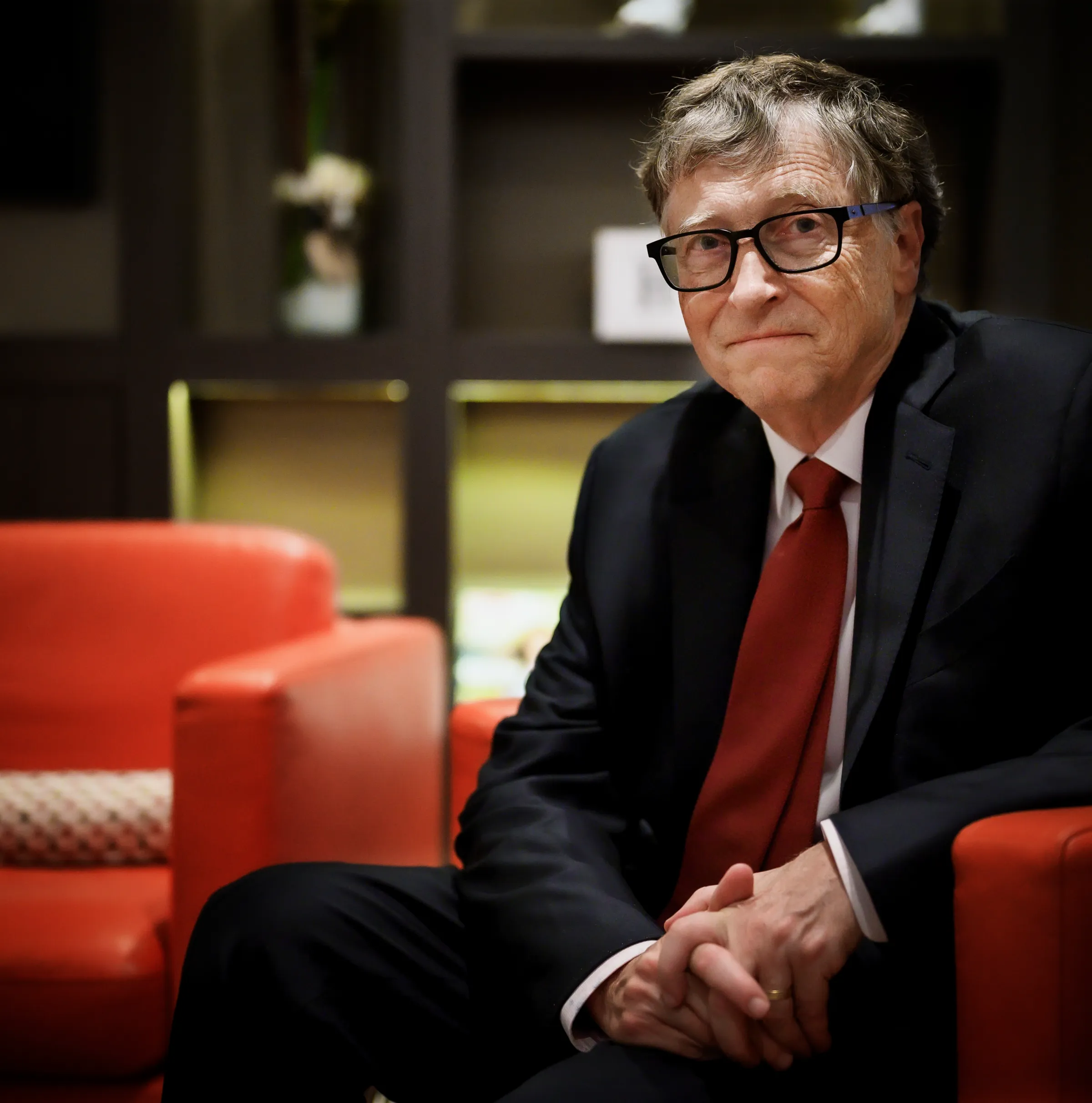
During an interview, Gates recounted how a woman once confronted him in public about the microchip theory.
“I don’t really need to track you personally,” Gates recalled telling her.
Misinformation has also impacted his family. His youngest daughter, Phoebe, spoke out against conspiracy theories and online misconceptions in an interview with *The Information* in March.
“Hearing my daughter discuss the harassment she faced online, and how her friends went through similar experiences, made the issue hit home in a way I hadn’t fully grasped before,” Gates told.
Gates, who co-founded Microsoft in 1975, said he originally believed people would use the internet and computers responsibly.
“I was naive in thinking that when we made information accessible, people would naturally seek out accurate information,” he admitted.
He also acknowledged the power of confirmation bias, saying that while people seek “correct information” for important issues like medical advice, they can still be drawn into false narratives.
“Even I fall into this trap,” Gates confessed. “For example, if there’s a politician I don’t like, and I see an article criticizing him—even if it’s exaggerated—I enjoy reading it.”

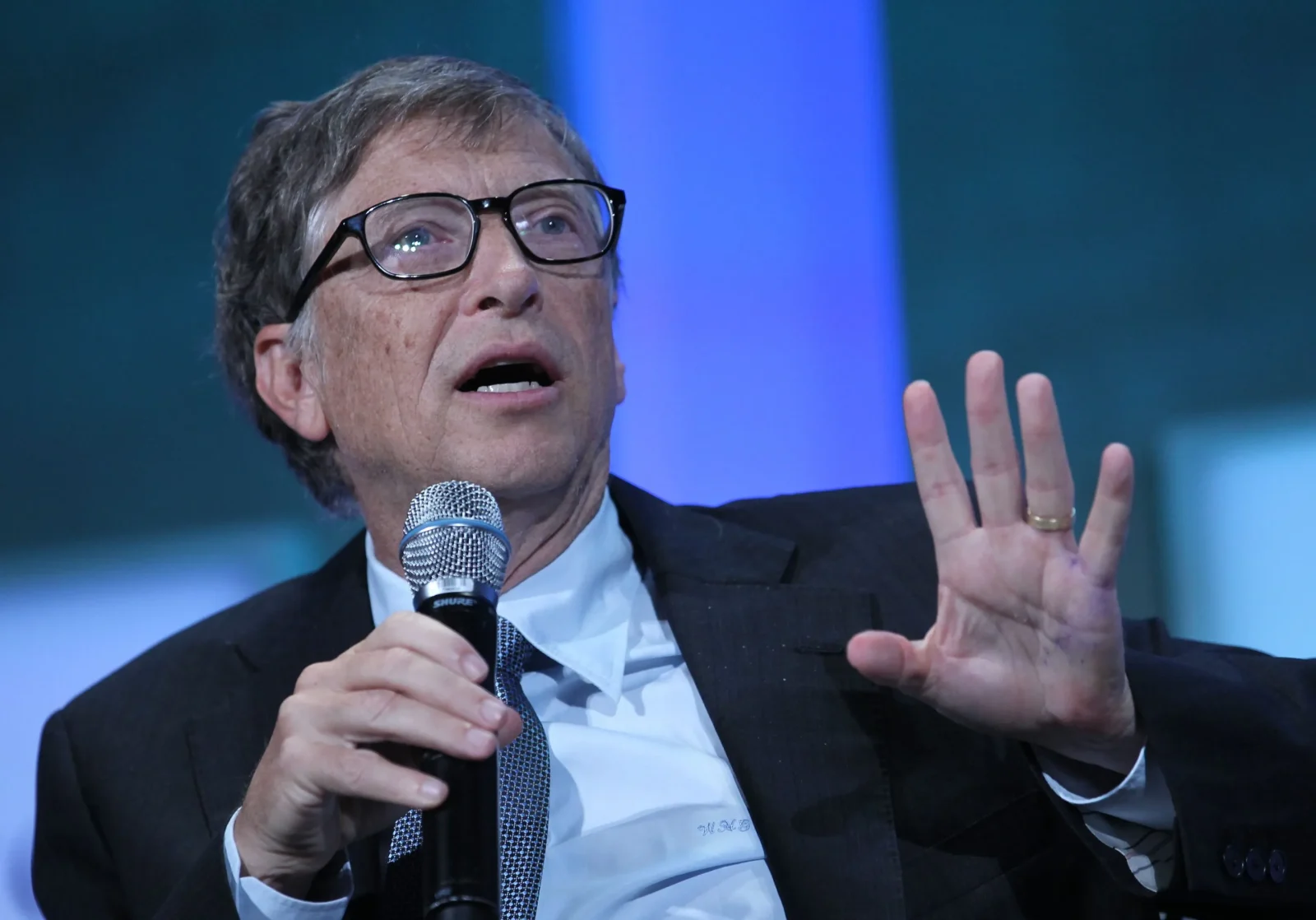
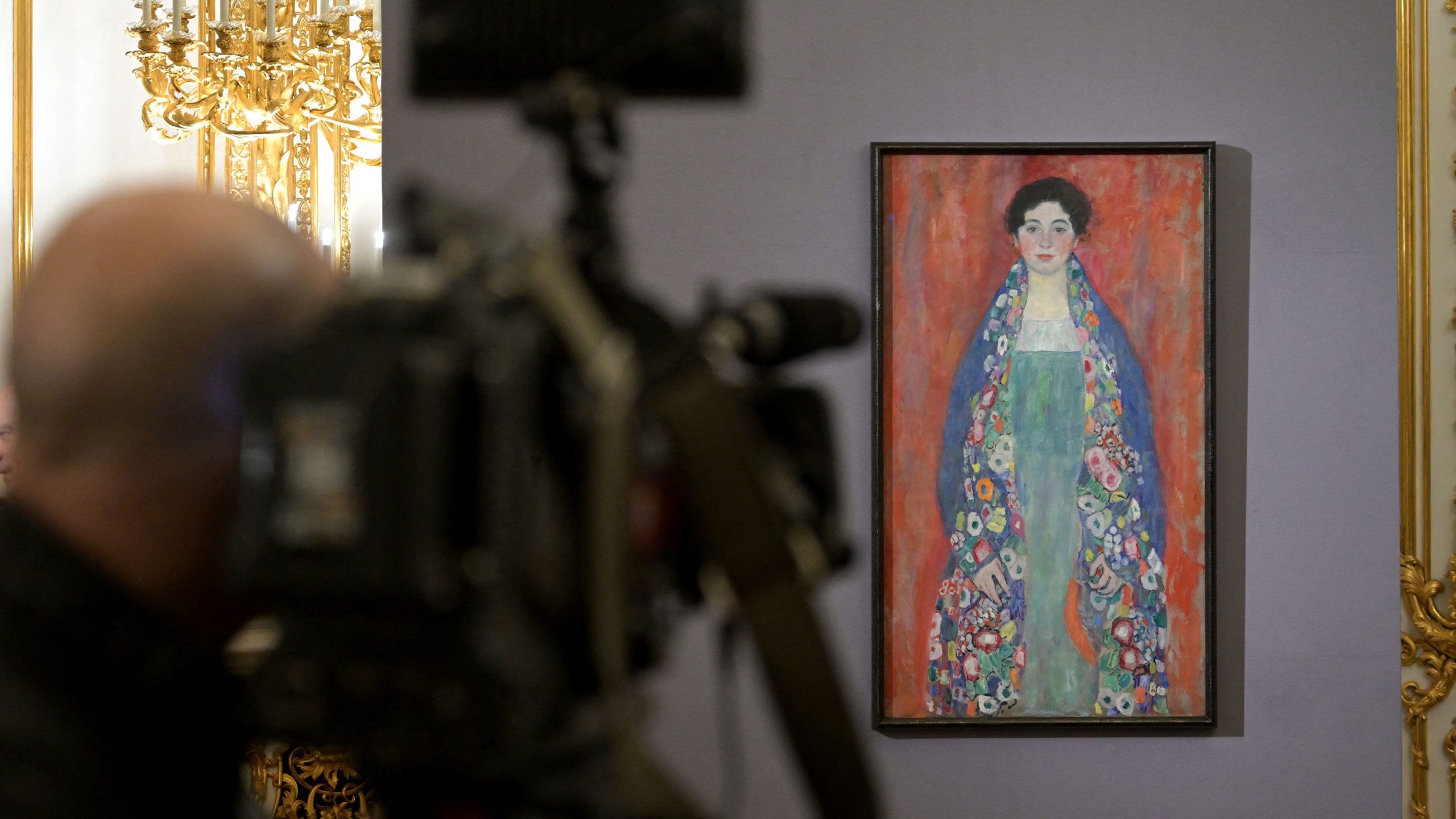

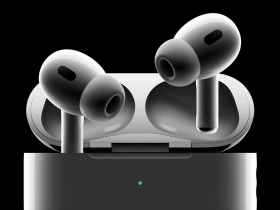
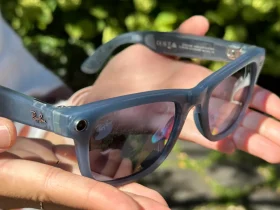
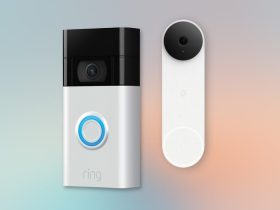
Leave a Reply